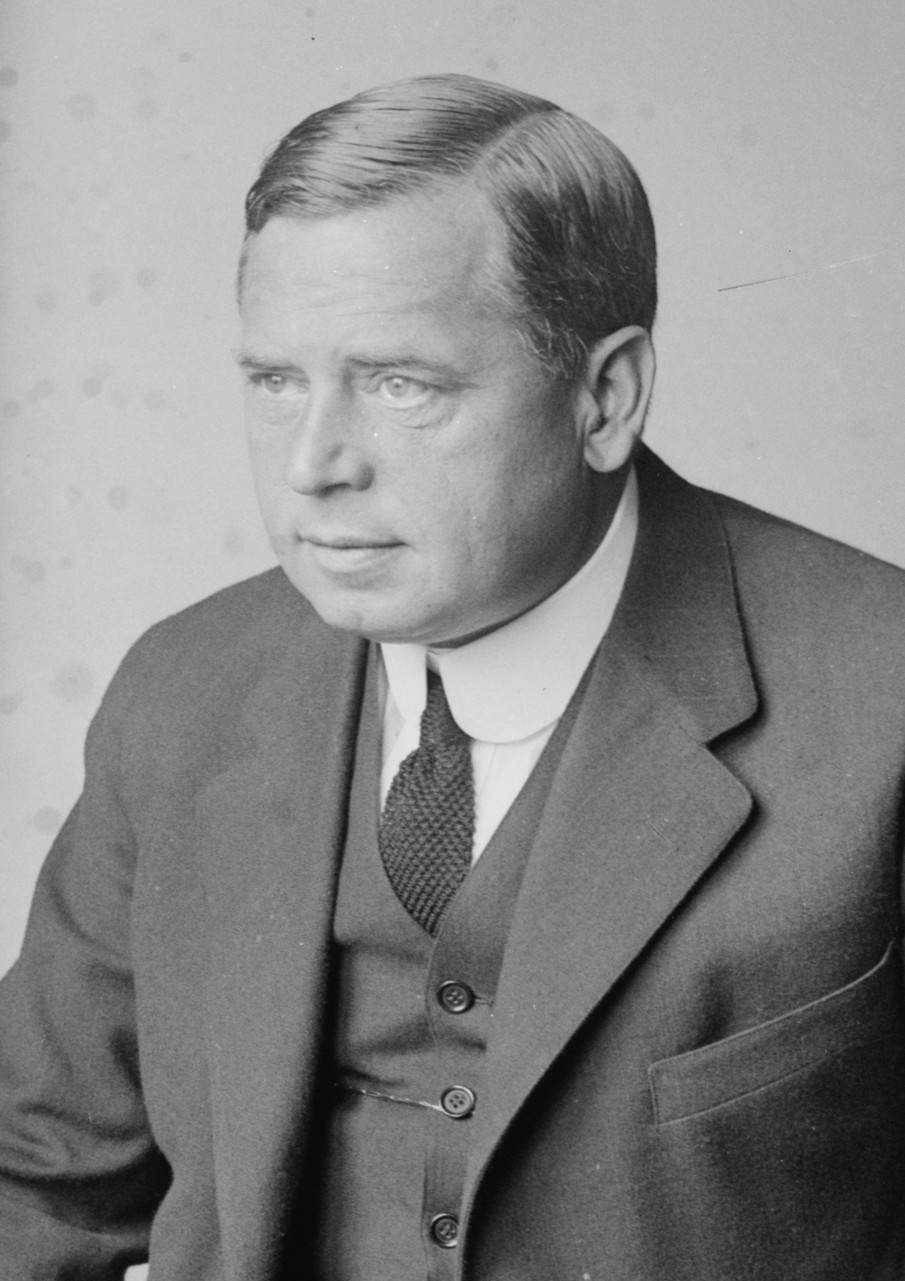Harry Macdonough — Music Videos
Play All Harry Macdonough tracks
Signature Style
Harry Macdonough, a prominent tenor in the early 20th century, was renowned for his smooth, lyrical voice that captivated audiences during the nascent years of recorded music. His signature style blended the operatic influences of the late 19th century with the emerging popular music trends of the early 1900s. This unique combination allowed him to excel in both classical and popular genres, making his recordings highly sought after. His clear enunciation and warm tone made his performances of parlor songs and sentimental ballads particularly memorable, with a vocal delivery that was both soothing and expressive. Macdonough's ability to convey emotion through his singing endeared him to listeners and established him as a leading figure in the transition from live performance to recorded music.
Career Highlights
Throughout his illustrious career, Harry Macdonough achieved numerous milestones that solidified his place in music history. He was a pioneering recording artist for the Victor Talking Machine Company, where he recorded many of his most famous works. Among his standout recordings was "Shine On, Harvest Moon," a duet with Elise Stevenson that became a major hit. Macdonough's collaboration with the Haydn Quartet, a popular vocal group of the time, further showcased his versatility and contributed to the quartet's success. His rendition of "When You Were Sweet Sixteen" was another highlight, demonstrating his ability to interpret sentimental songs with great depth and sincerity. Macdonough's recordings consistently topped the charts of the era, and his contributions to the development of the recording industry were recognized with numerous accolades.
Cultural Impact & Legacy
Harry Macdonough's impact on the music industry extended far beyond his recordings, as he played a significant role in shaping the early soundscape of American popular music. His work helped popularize the tenor voice in recorded music, influencing subsequent generations of singers. As a key figure in the transition from live performances to recorded media, he contributed to the evolution of the music industry, paving the way for future artists to reach wider audiences through recordings. Macdonough's legacy is preserved in the extensive catalog of recordings he left behind, which continue to be appreciated by collectors and music historians alike. His contributions to the early recording industry and his ability to bridge the gap between classical and popular music have ensured his place in the annals of music history, inspiring countless artists who followed in his footsteps.
Other Artists
Discover more voices we think you'll enjoy right now.

